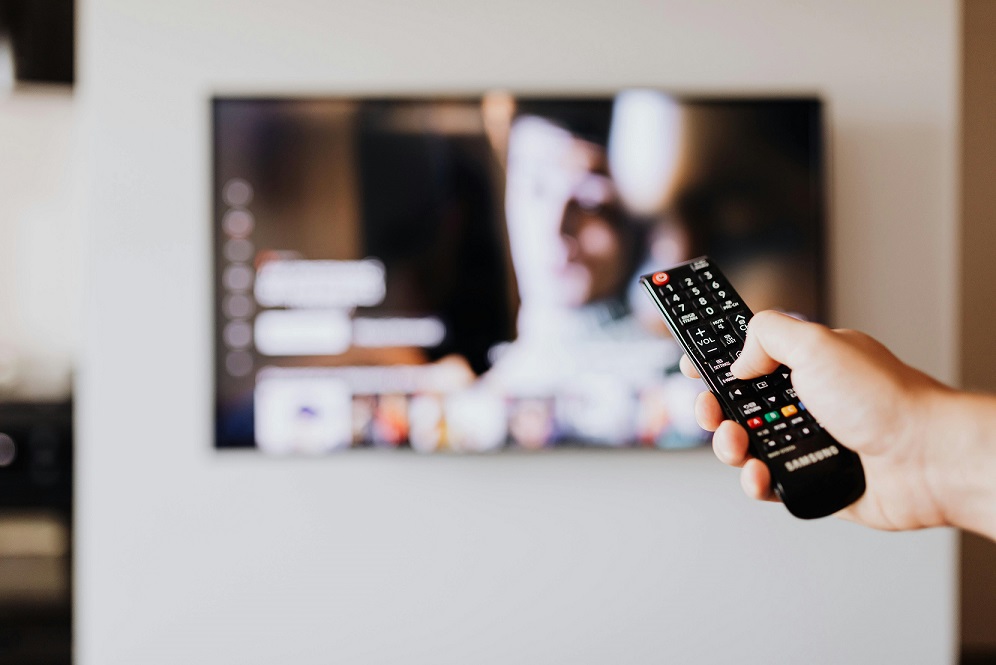Welcome to the latest edition of “ADA in the News,” featuring recent news, updates, and rulings regarding the Americans with Disabilities Act.
The Equal Employment Opportunity Commission has filed a lawsuit against a work placement agency for individuals with disabilities alleging that the agency routinely refused to provide sign language interpreters to deaf employees.
According to the suit, several deaf employees at Hawaii-based Opportunities and Resources, Inc. and ORI Anuenue Hale, Inc. made repeated requests for sign language interpreters at staff meetings where work safety procedures, work protocols, assignments, and other work-related information was discussed. Despite the company’s awareness of the deaf employees’ needs for sign language interpreters and their limited English proficiencies, it provided ineffective accommodations, including written notes and handouts and asking a deaf employee to interpret for other deaf employees.
The suit contends that, as a result, the employees were denied full participation and equal access to the meetings. Such alleged conduct violates the provisions against disability discrimination under the Americans with Disabilities Act (ADA).
The EEOC suit seeks compensatory and punitive damages as well as an agreement to prevent any future discrimination in the workplace.
Health Center Agreement
Southern California Permanente Medical Group and Kaiser Foundation Hospitals have OK’d an agreement to provide equipment and services to ensure that people who are deaf or hard of hearing have full and equal access to medical appointments, treatments, and emergency visits at its Baldwin Park Medical Center.
The agreement, reported by the U.S. Attorney’s Office for the Central District of California, resolves allegations that the group violated the ADA by failing to provide a qualified sign language interpreter or other form of auxiliary aid or service to a deaf patient at the facility.
The investigation was triggered by a complainant who said that she was not provided effective communication before and after a surgical procedure in 2018.
Under the agreement, the entities have agreed to:
- Provide auxiliary aids and services, including qualified interpreters, to ensure effective communication with patients who are deaf or hard of hearing
- Advertise the availability of auxiliary aids and services
- Provide training on auxiliary aids and services
- Pay compensation to the complainant and civil penalties to the United States




